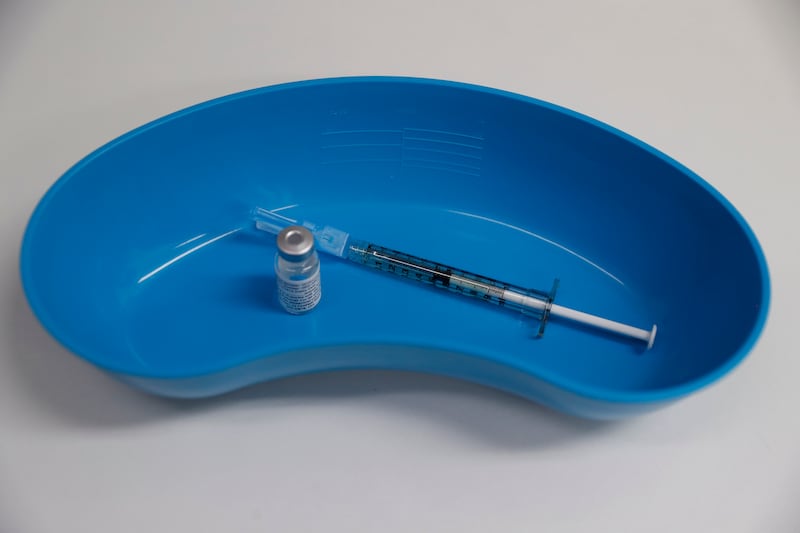The coronavirus vaccine from developer Novavax may soon be a popular option in the United States, according to Politico.
Novavax has recently finished up its late-stage clinical trials, following in the footsteps of Pfizer and Moderna.
- The vaccine has shown to be just as strong as mRNA vaccines in trials held in the UK. It will soon apply for authorization in the United States, Politico reports.
- Novavax is a little different in that it “uses moth cells to brew batches of the coronavirus spike protein,” according to Politico.
- The plants where the vaccine will be developed are still trying to figure out how to make the technology work.
Lawrence Gostin, a global health law professor at Georgetown University, told Politico that he sees a bright future for the vaccine in the U.S.
- “I do think it’s going to play a larger role,” said Lawrence Gostin, a global health law professor at Georgetown University. “In the short to medium term, at least, the Johnson & Johnson vaccine has taken a reputational hit and people are more hesitant to take it. In addition, J&J has had major production problems at its Baltimore plant. And as a result I think Novavax is going to be a reasonably significant player.”
Novavax effectiveness
In January 2021, Novavax said its first trial for its vaccine prevented COVID-19 complications 89.3% of the time, and it was effective in stopping the virus variant originally found in the United Kingdom, as I wrote for the Deseret News. The two-dose vaccine also stopped the South Africa COVID-19 variant 60% of the time.
- But in March, the company said its vaccine is 96% effective in preventing coronavirus cases, and it led to no severe illnesses or deaths from COVID-19, according to CNBC.
Dr. Gregory Glenn, president of research and development at Novavax, told Time magazine that this is more great news for the fight against COVID-19.
- “I did not think it was possible to have a vaccine prevent 96% of any respiratory disease,” he said, per Time magazine. “That’s outstanding, and I’m personally ecstatic. If you had asked me a year ago (to predict) the very best vaccine we could expect, I would have said 80% or 85% efficacy against any respiratory disease would be pretty amazing.”


